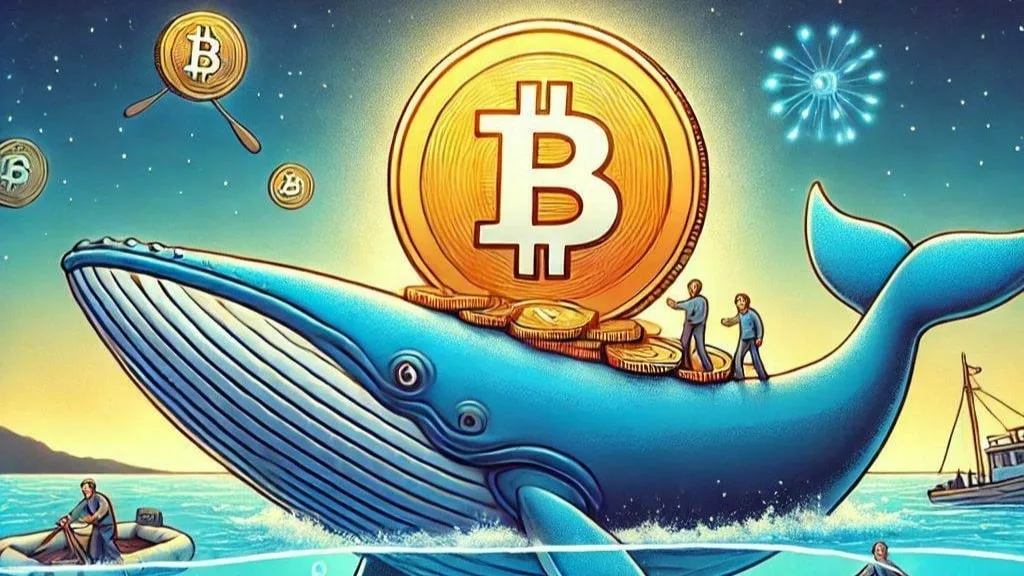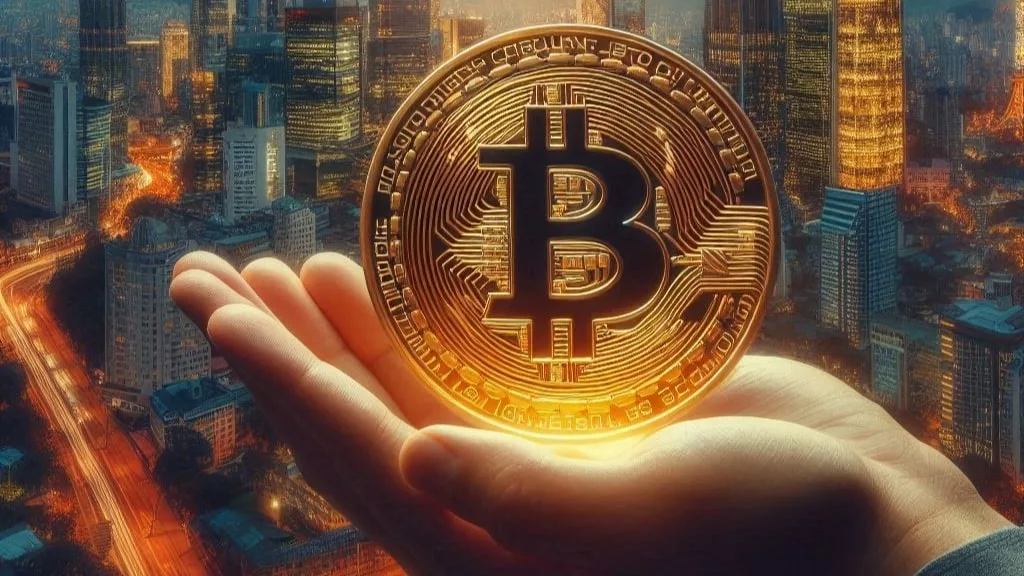
The cryptocurrency market recently experienced a massive sell-off, leading to a dramatic drop in market capitalization by over $600 billion. Bitcoin, the leading cryptocurrency, was not immune to the downturn, dipping from a peak around $108,000 to a low of $92,000. Despite the ongoing volatility, Bitcoin has started its recovery, with its price now hovering around $95,600, though still down more than 6.8% over the last 24 hours.
During the sharp price drop, Bitcoin whales — investors holding between 100 and 1,000 BTC — seized the opportunity to acquire significant amounts of the cryptocurrency. According to popular cryptocurrency analyst Ali Martinez, these large investors purchased an estimated $1 billion worth of Bitcoin during the dip, capitalizing on the reduced price.
Martinez highlighted the strategic nature of these acquisitions, noting that whales tend to buy up Bitcoin when prices drop to levels they consider attractive. This behavior is not unusual in the volatile world of cryptocurrency, where significant price fluctuations often lead to large-volume buys from well-capitalized investors who aim to maximize their profits over the long term.
The market downturn was triggered in part by comments from Federal Reserve Chair Jerome Powell. Powell introduced a 25 basis point interest rate cut, followed by indications that fewer rate cuts would be implemented in the upcoming year. These remarks dampened investor sentiment, leading to a sell-off across risk assets, including cryptocurrencies, stocks, and other commodities.
The reaction was swift. In the wake of Powell’s statements, traditional financial markets also experienced declines, with the S&P 500 dropping by approximately 3.2%, and the Nasdaq following suit with a similar dip. The crypto market, already sensitive to global economic factors, mirrored these losses, culminating in a deep correction.
Among those taking advantage of the dip was the nation of El Salvador, which has long been a Bitcoin advocate. The country, which made Bitcoin legal tender in 2021, added $1 million worth of Bitcoin to its reserves during the price drop. El Salvador’s government has been purchasing 1 BTC per day as part of its strategy to build a significant Bitcoin reserve, with the most recent acquisition bringing its total holdings to 5,980 BTC.
This ongoing accumulation is part of El Salvador’s broader vision to integrate Bitcoin into its financial system, despite concerns from international bodies like the International Monetary Fund (IMF). El Salvador’s commitment to Bitcoin is a bold stance that has generated global debate, but the country’s latest purchase demonstrates its confidence in the long-term potential of the cryptocurrency.
The activity of Bitcoin whales during this recent dip is indicative of broader market trends. While the crypto market remains volatile, large investors continue to see Bitcoin as a valuable asset in their portfolios. These whales, with their immense buying power, play a crucial role in stabilizing the market during times of uncertainty by absorbing large amounts of Bitcoin, often at discounted prices.
For smaller investors, these market movements present both opportunities and risks. While whales can afford to weather the volatility and accumulate at lower prices, individual investors must navigate the fluctuating market with caution, being mindful of the inherent risks involved in such a volatile space.
As Bitcoin continues to recover, the actions of whales and institutions like El Salvador underscore the growing adoption of cryptocurrency as both a store of value and a financial tool. With increased interest from both private investors and nation-states, the future of Bitcoin appears poised for continued evolution, even as market dynamics remain in flux.



Get the latest Crypto & Blockchain News in your inbox.